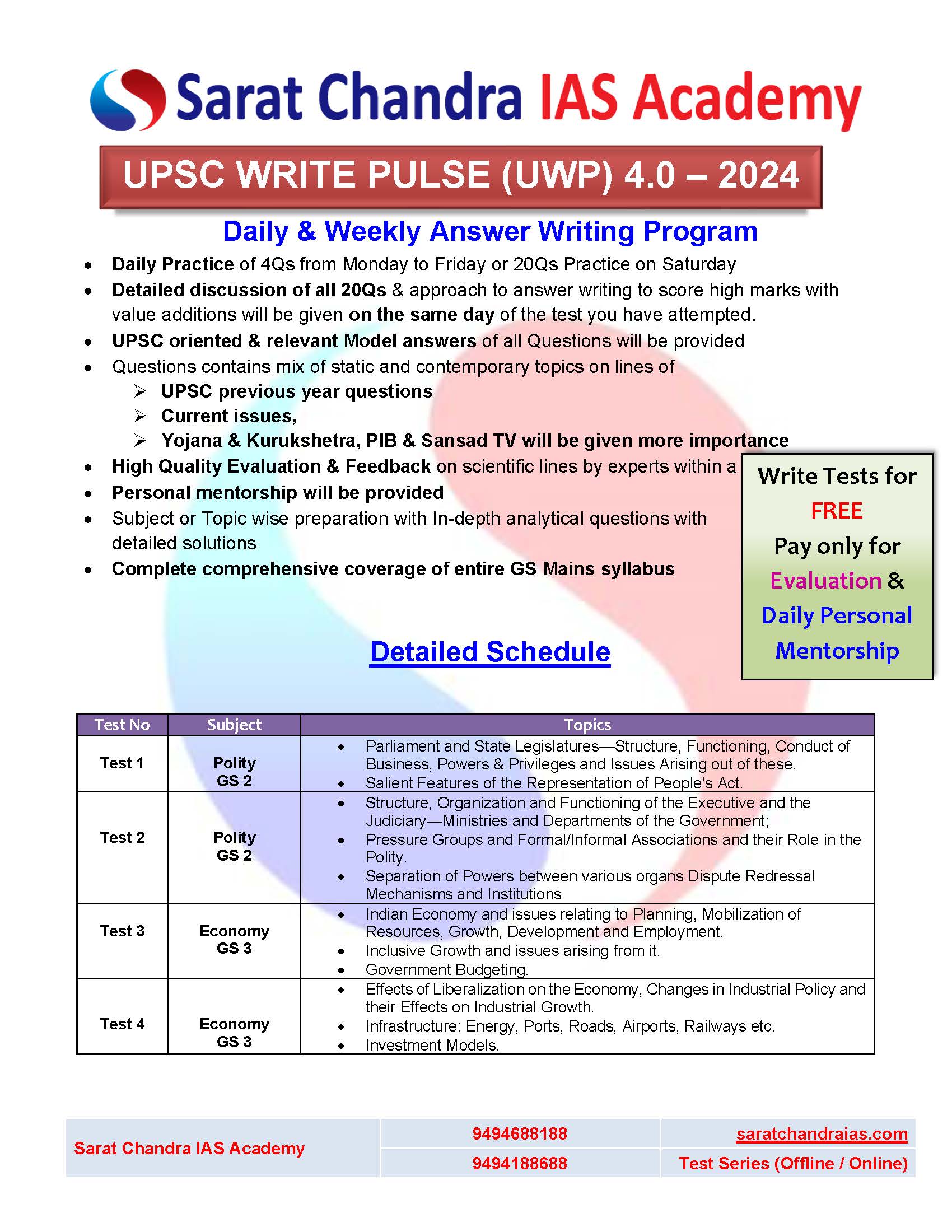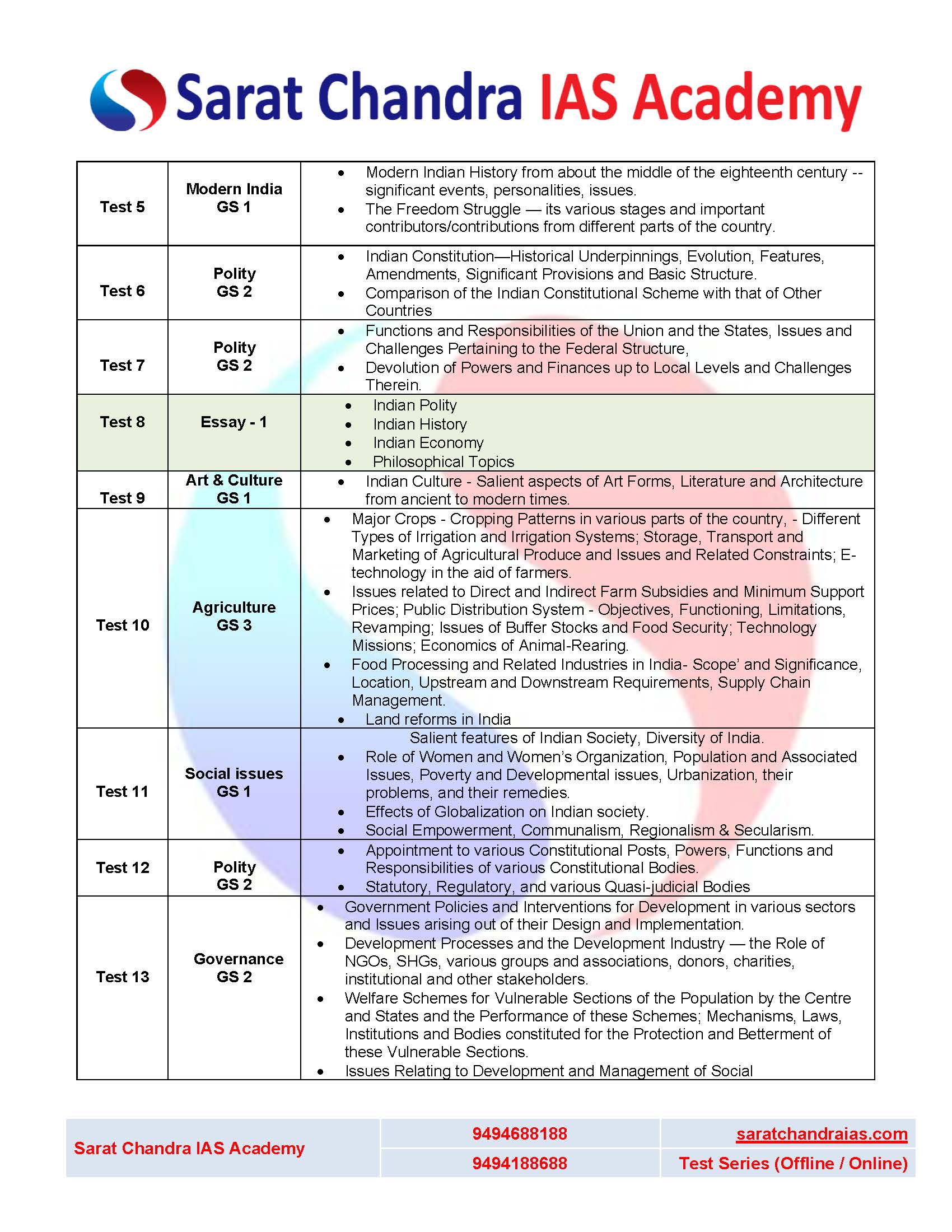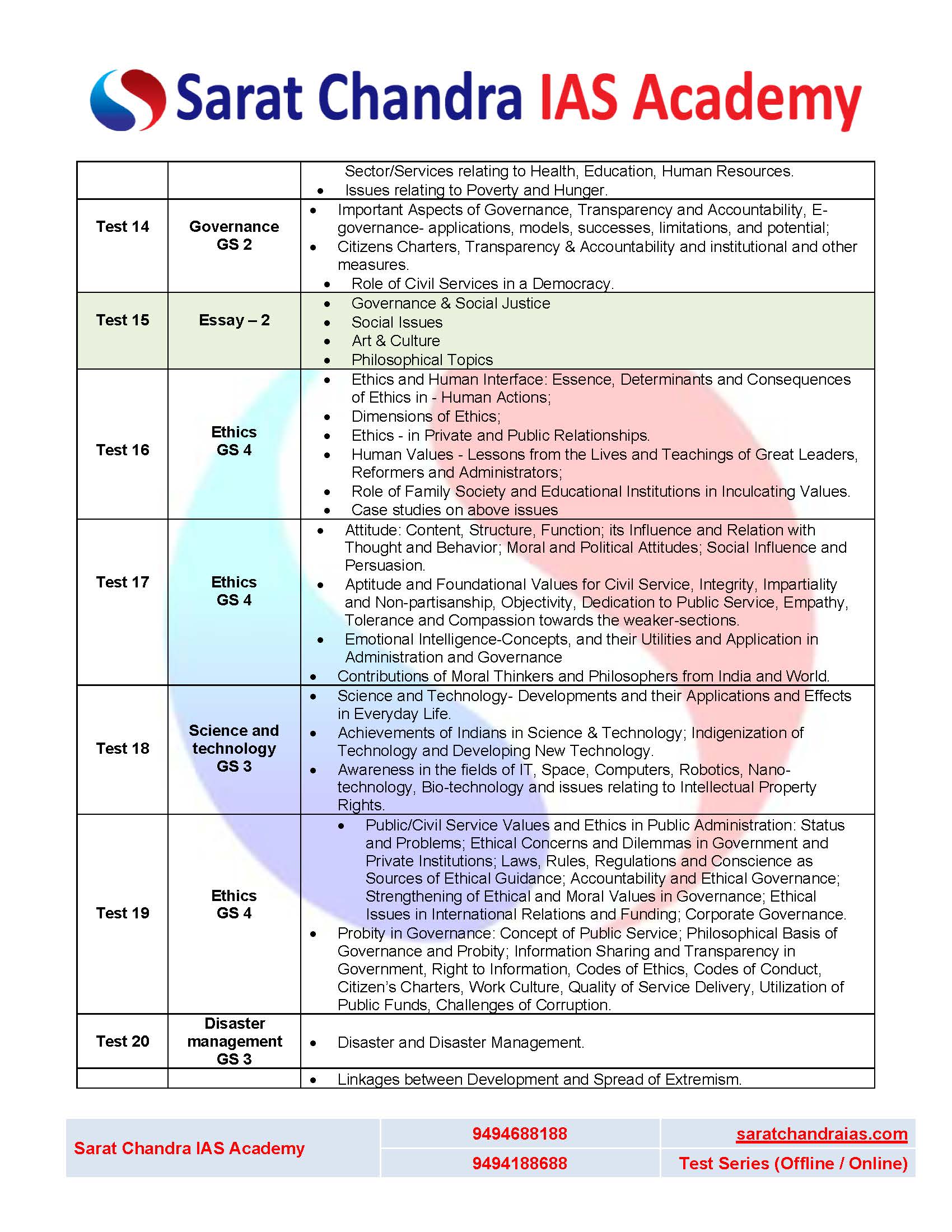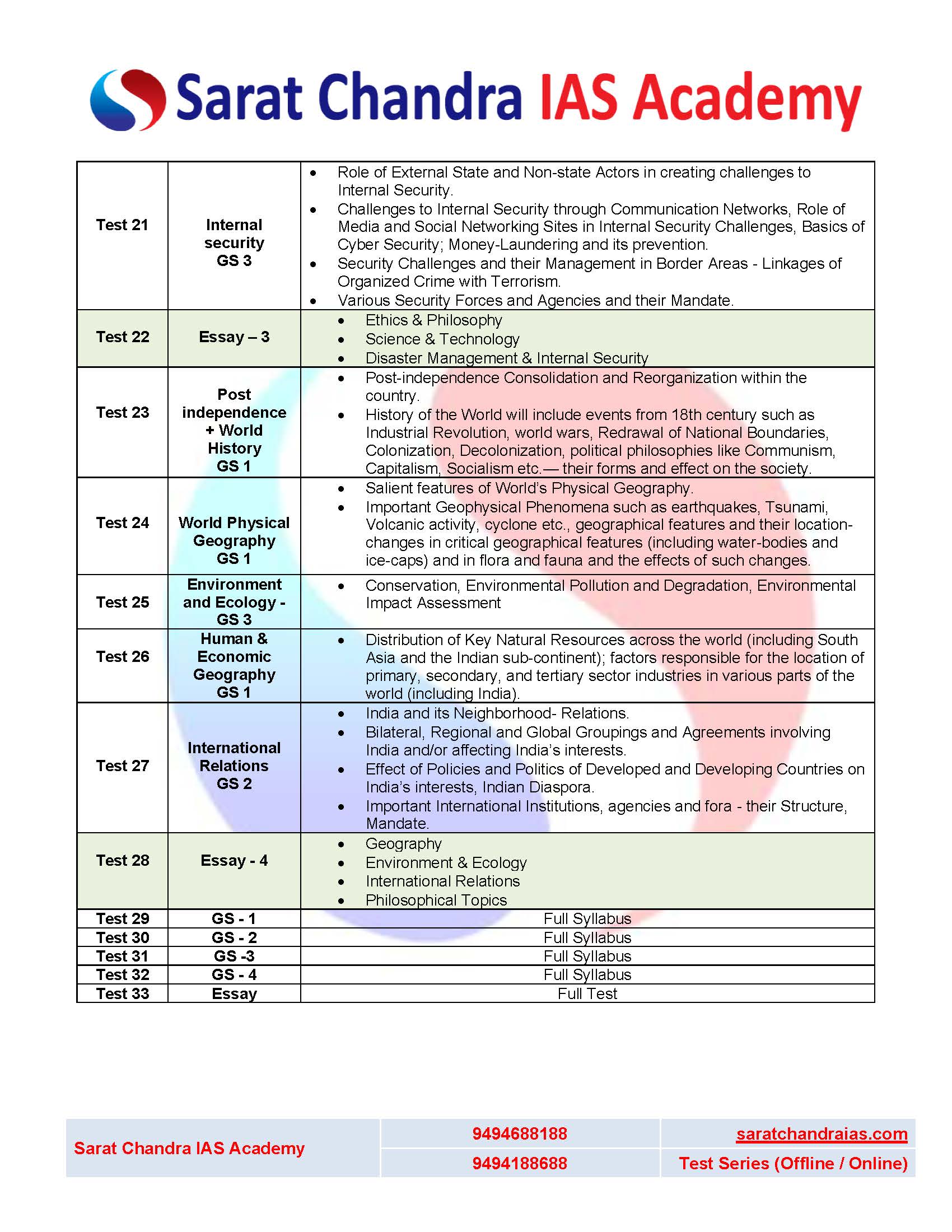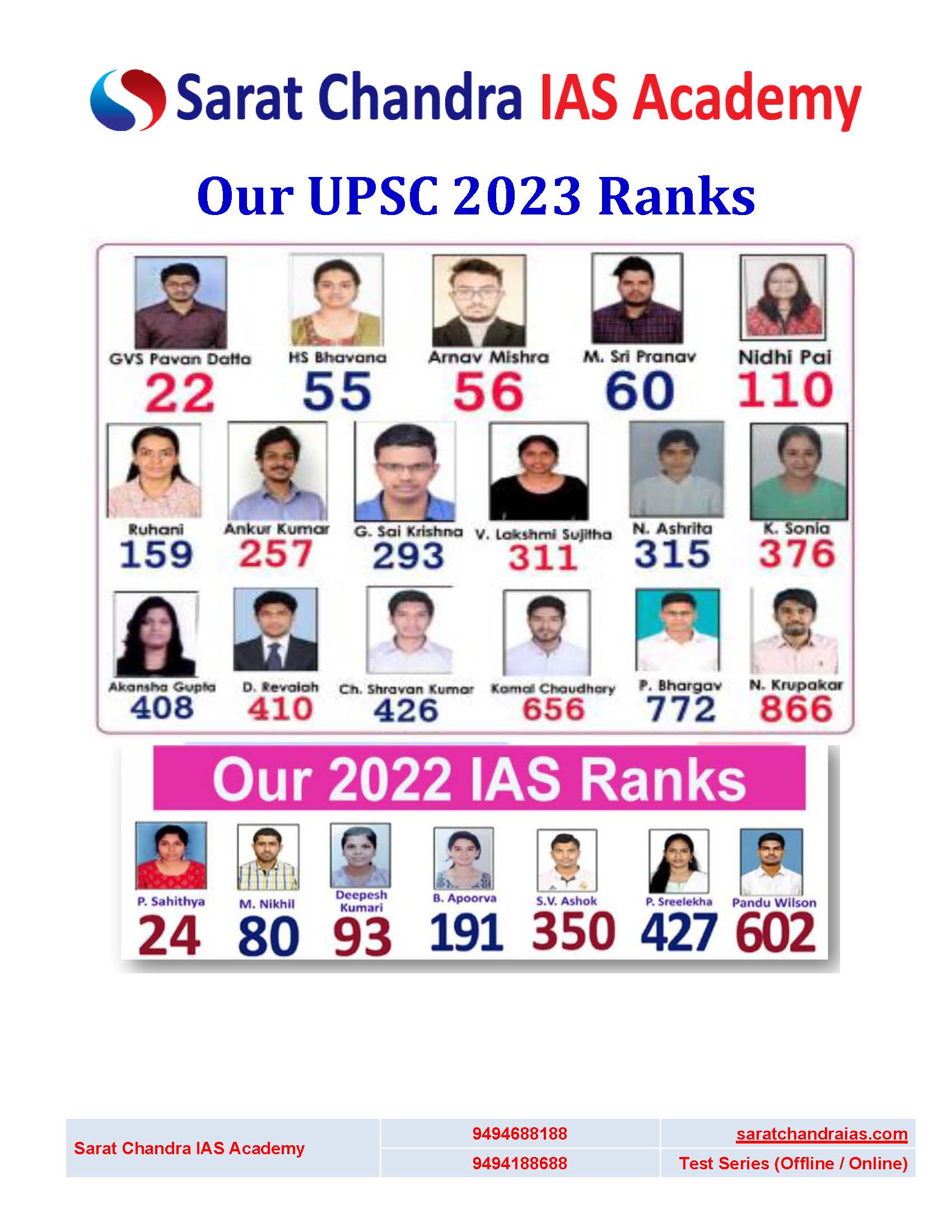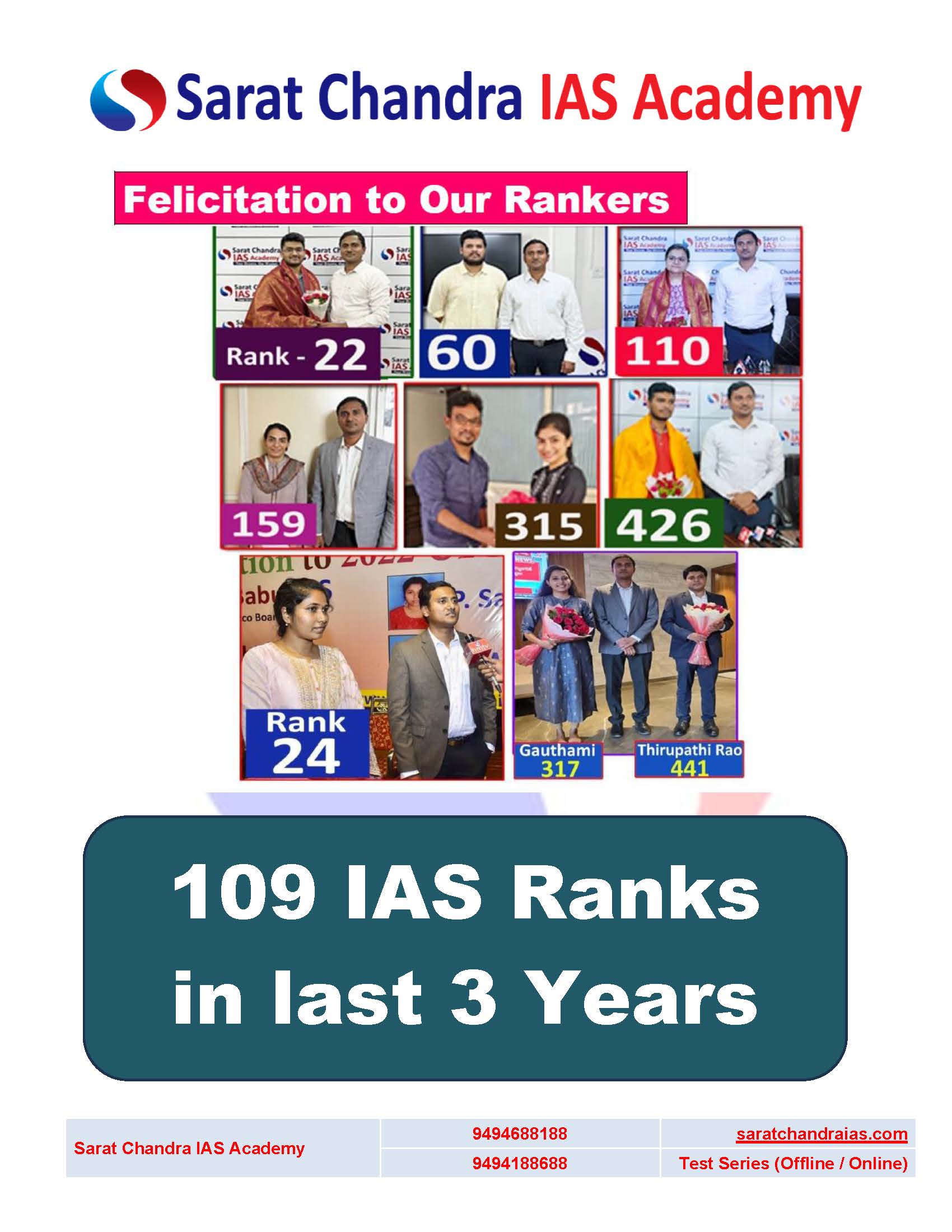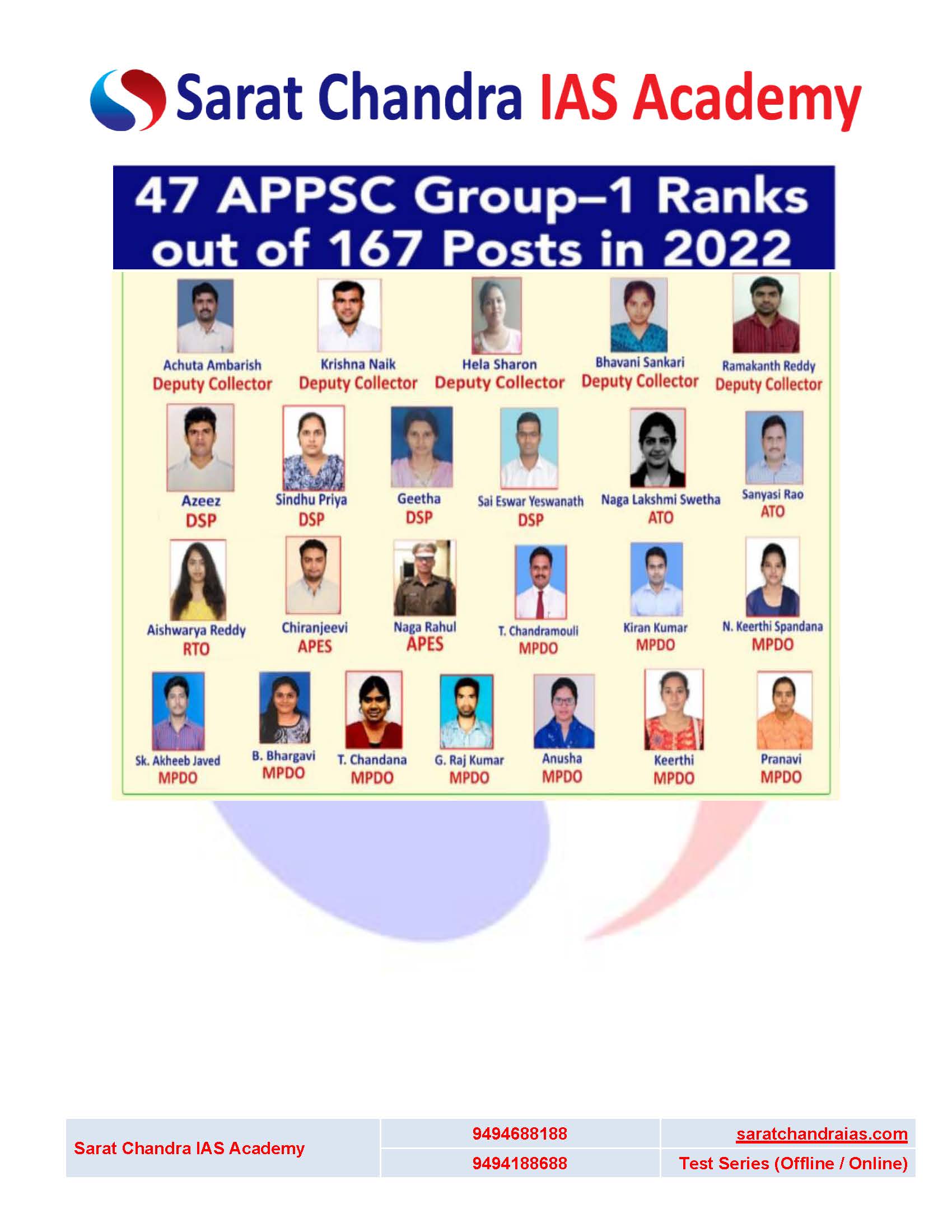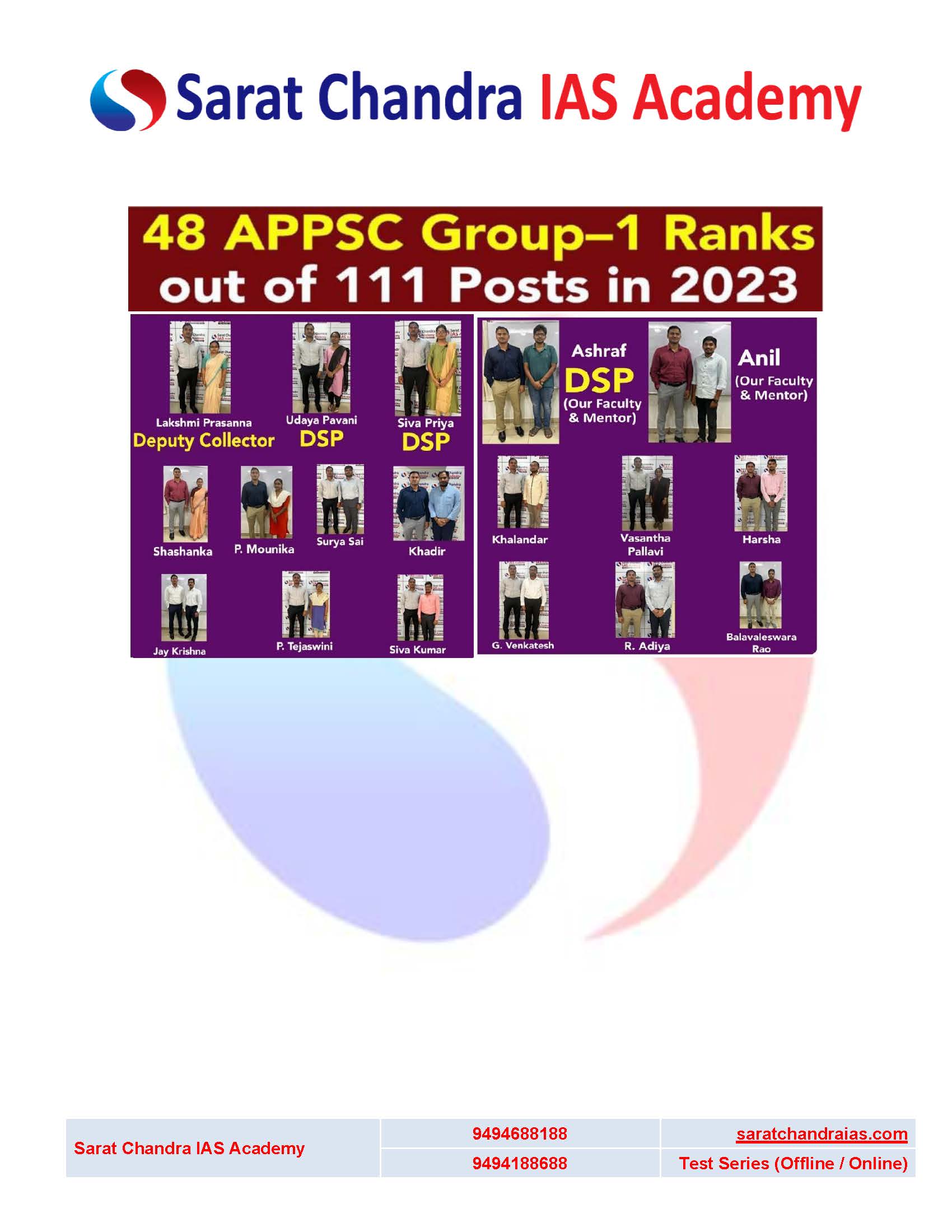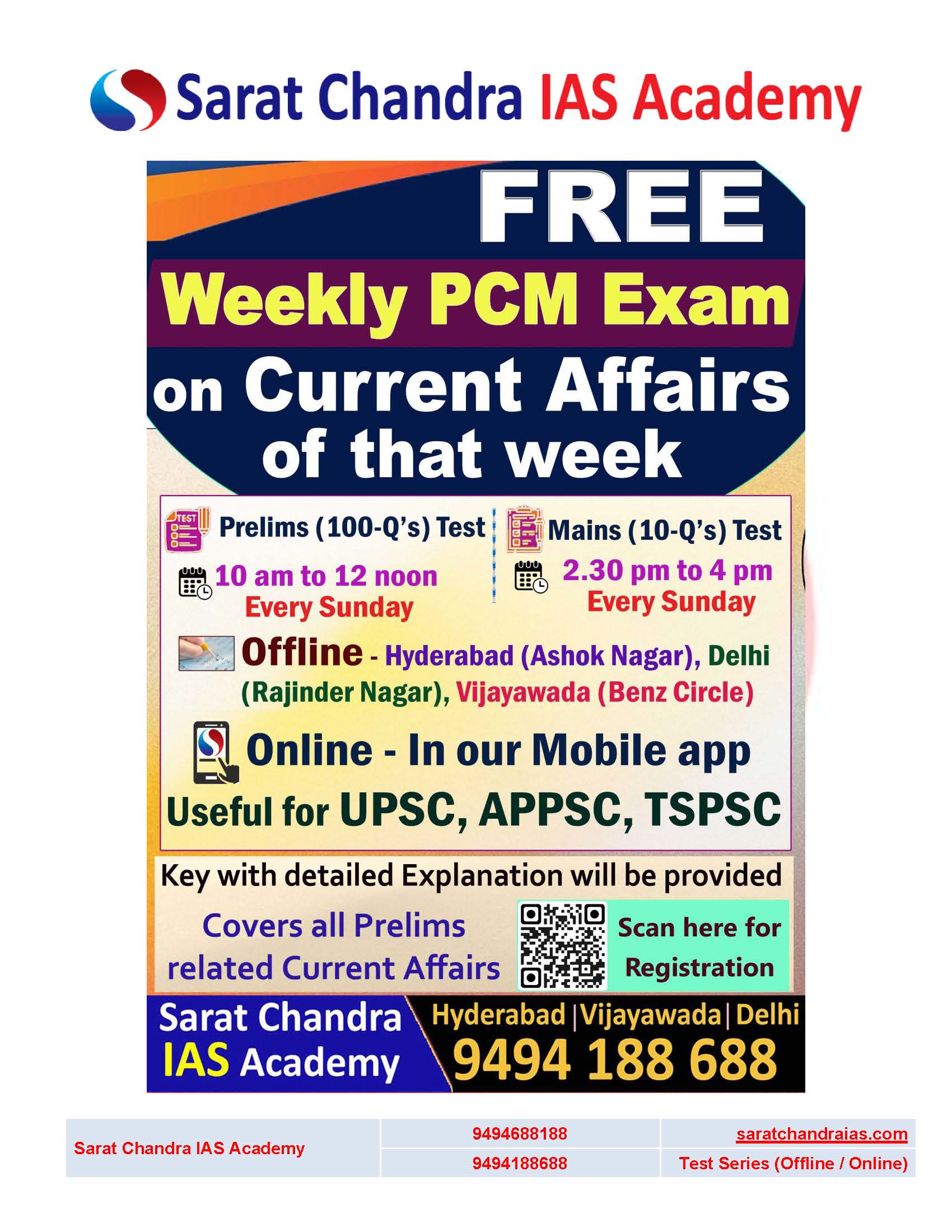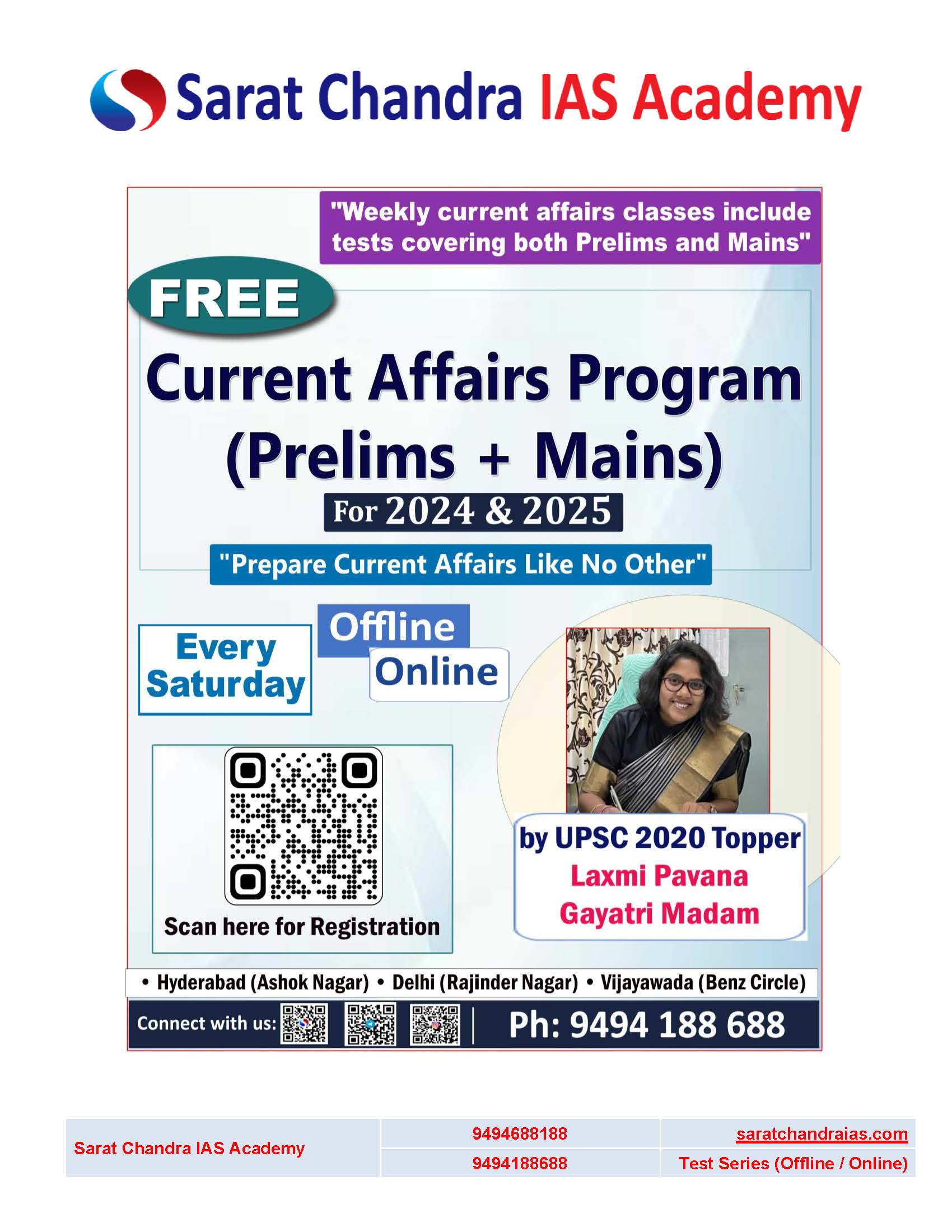UPSC WRITE PULSE (UWP) – 2024
Daily Mains Answer writing program
Enroll for UPSC WRITE PULSE (UWP) – 2024 – Daily Mains Answer writing program @ 20000/- 10000/-
Write Tests for FREE
Pay only for Evaluation & Daily Personal Mentorship
Detailed Schedule: Download Now
Key Features:
- Daily & Weekly Answer Writing Program
- Daily Practice of 4Qs from Monday to Friday or 20Qs Practice on Saturday
- Detailed discussion of all 20Qs & approach to answer writing to score high marks with value additions will be held on every Saturday
- UPSC oriented & relevant Model answers of all Questions will be provided
- Questions contains mix of static and contemporary topics on lines of
➢ UPSC previous year questions
➢ Current issues,
➢ Yojana & Kurukshetra, PIB & Sansad TV will be given more importance - High Quality Evaluation & Feedback on scientific lines by experts within a week
- Personal mentorship will be provided
- Subject or Topic wise preparation with In-depth analytical questions with detailed solutions
- Complete comprehensive coverage of entire GS Mains syllabus
